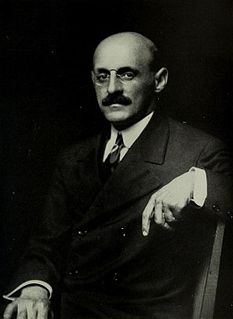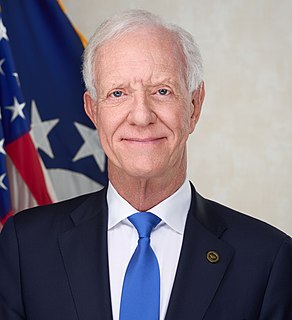A Quote by Gza
Live a life full of humility, gratitude, intellectual curiosity, and never stop learning.
Related Quotes
Curiosity, which may or may not eventuate in something useful, is probably the most outstanding characteristic of modern thinking ... Institutions of learning should be devoted to the cultivation of curiosity, and the less they are deflected by the consideration of immediacy of application, the more likely they are to contribute not only to human welfare, but to the equally important satisfaction of intellectual interest, which may indeed be said to have become the ruling passion of intellectual life in modern times.
Like anyone else, a lot of what I do and how I think has been shaped by my family and my overall life experience. Many who know me say I am also defined by my curiosity and thirst for learning. I buy more books than I can finish. I sign up for more online courses than I can complete. I fundamentally believe that if you are not learning new things, you stop doing great and useful things. So family, curiosity and hunger for knowledge all define me.
A prayerful life is the key to possessing gratitude. We often take for granted the people who most deserve our gratitude. Let us not wait until it is too late for us to express our gratitude. Feeling gratitude and not expressing it is like wrapping a present and not giving it. If I gratitude be numbered among the serious sins, then gratitude takes its place among the noblest of virtues. To express gratitude is gracious and honorable, to enact gratitude is generous and noble, but to live with gratitude ever in our hearts is to touch heaven.
The important thing is not to stop questioning. Curiosity has its own reason for existing. One cannot help but be in awe when he contemplates the mysteries of eternity, of life, of the marvelous structure of reality. It is enough if one tries merely to comprehend a little of this mystery every day. Never lose a holy curiosity.
If you try to impose a rigid discipline while teaching a child or a chimp you are working against the boundless curiosity and need for relaxed play that make learning possible in the first place... learning cannot be controlled; it is out of control by design. Learning emerges spontaneously, it proceeds in an individualistic and unpredictable way, and it achieves its goal in its own good time. Once triggered, learning will not stop--unless it is hijacked by conditioning.
The problem, once again, as in all sciences is the attitude of the mind that is dealing with whatever field. The problem is not philosophy but the lack of intellectual humility. It is when reason becomes arrogant that we lose track. But intellectual humility with science: this is spirituality - this is the way we are with God. So we should not be scared and we must reconcile ourselves.
The intellectual attainments of a man who thinks for himself resemble a fine painting, where the light and shade are correct, the tone sustained, the colour perfectly harmonised; it is true to life. On the other hand, the intellectual attainments of the mere man of learning are like a large palette, full of all sorts of colours, which at most are systematically arranged, but devoid of harmony, connection and meaning.



































